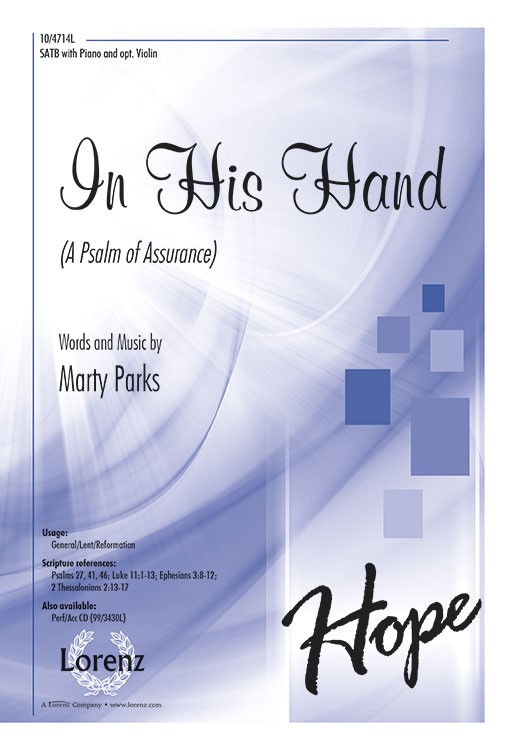


Readers can't help but wince as the author describes the humiliation his father often endured as a deaf person. Uhlberg's father manages to straddle both languages-sign and the written word-by working as a devoted press printer for the New York Daily News. A couple originating from Georgia communicated with a drawl, using slower movements. While shy personalities employed tiny gestures, outgoing individuals would sign more loosely and expansively. Over a hundred adults would form a circle of beach chairs and umbrellas, with their kids supervised in the middle, and Uhlberg recalls observing different styles and accents from the signed conversations which occurred across the circle's expanse. Uhlberg's family often joined a wider deaf community which gathered together regularly at a special spot on the Coney Island beach. Just as spoken and written language varies from person to person, so too does sign. Written language-my second language-was a language that required the brain for translation. Sign was a beautiful painting, absorbed whole, evoking emotion along with meaning. Simply put, it is for me the most beautiful, immediate, and expressive of languages, because it incorporates the entire human body .sign was a language of the heart. Sign is a live, contemporaneous, visual-gestural language and consists of hand shapes, hand positioning, facial expressions, and body movements. Uhlberg's first language was sign, and he vividly compares expressive sign language to written language: Author Myron Uhlberg tenderly describes his unique life, divided between two worlds: One as the child of two deaf parents, the other a mischievous boyhood typical of many others in Depression-era Brooklyn.

This deeply touching memoir, by contrast, originates from an ordinary man who experienced a very special childhood filled with love. Loads of bestsellers chronicle the lives of celebrities, politicians, or people who have overcome tragedy. Myron Uhlberg tenderly describes his unique life, divided between two worlds: One as the child of two deaf parents, the other a mischievous boyhood typical of many others in Depression-era Brooklyn


 0 kommentar(er)
0 kommentar(er)
